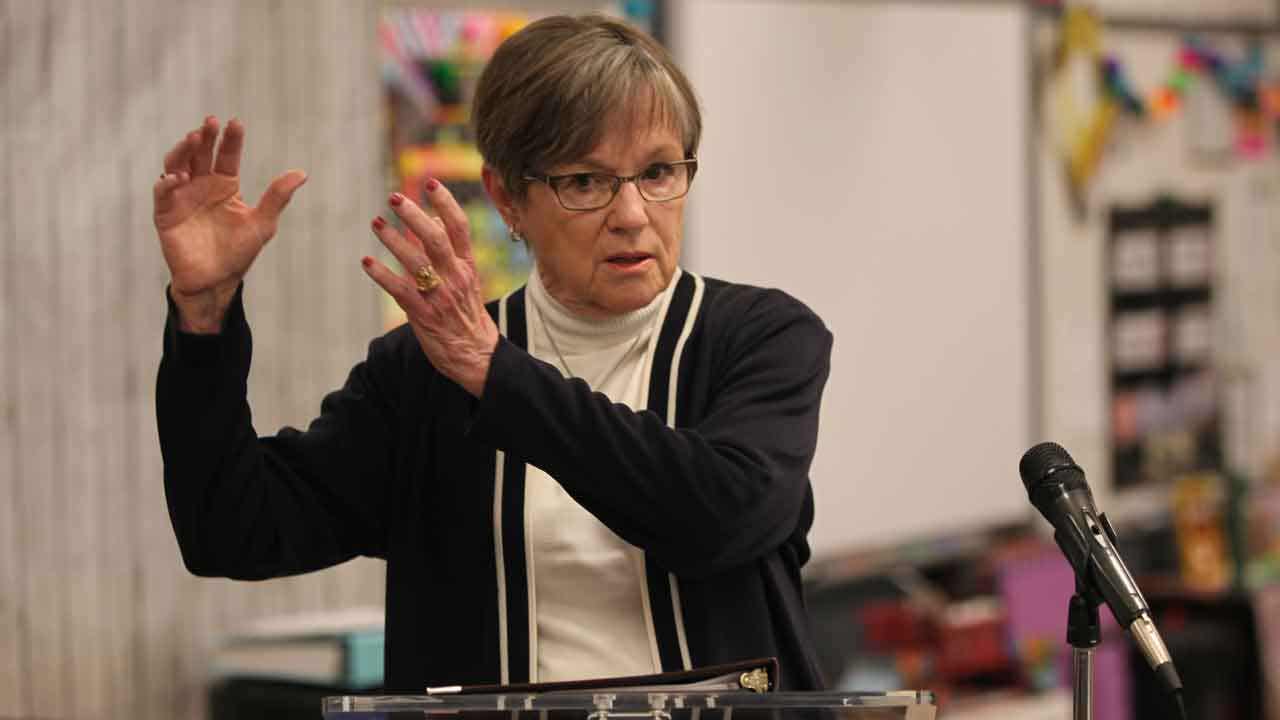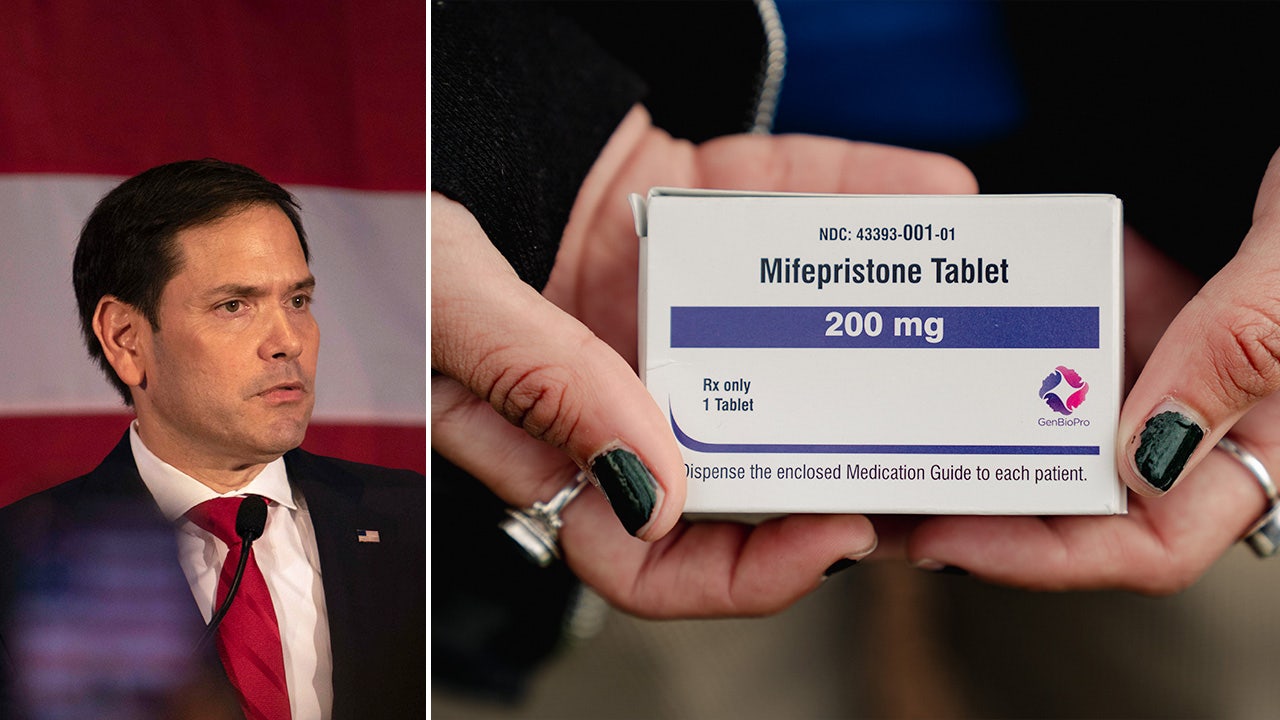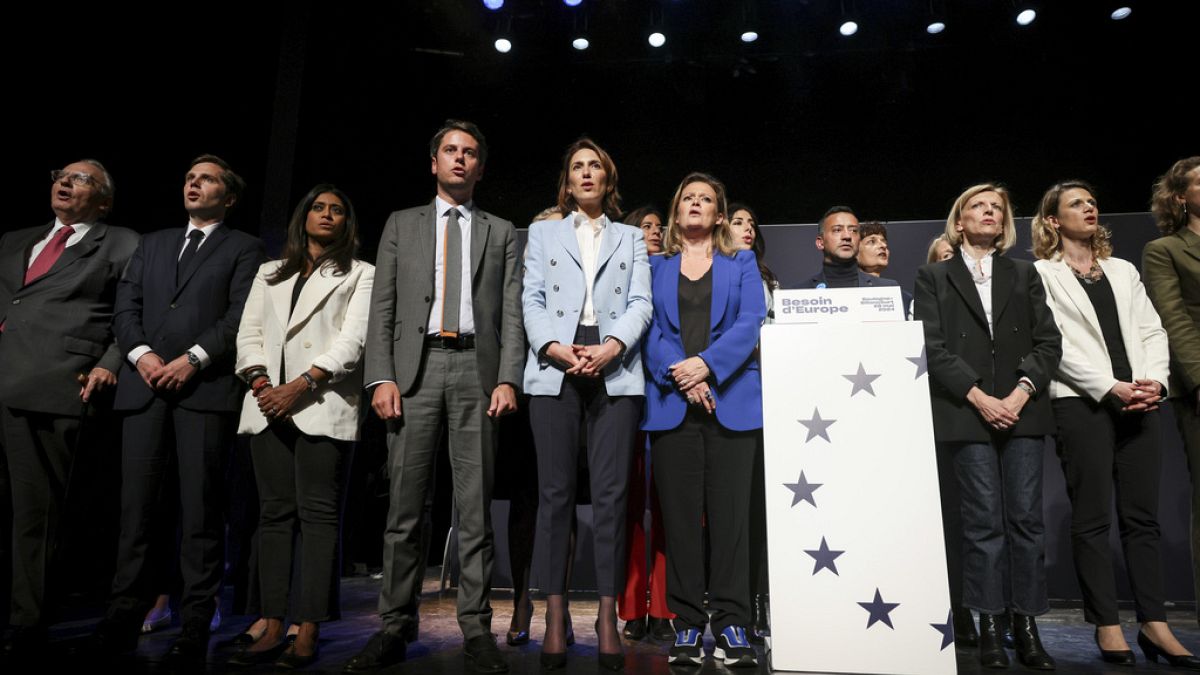Louisiana
Paul Danos: Energy industry is innovating to help build Louisiana’s brighter future

For over seven decades, our family-owned and operated energy services business has witnessed firsthand the significant contributions that Gulf of Mexico oil and gas production makes to our state’s economy, workforce and energy security. The federal government must develop a long-term program that continues to offer new offshore lease opportunities, not only for Louisiana but for the entire nation.
The Gulf of Mexico has long been recognized as a cornerstone of America’s energy landscape, providing a reliable and abundant source of oil and natural gas. This region plays a pivotal role in meeting our nation’s energy needs, supporting American jobs, driving economic growth and providing a path toward climate action.
Close to 100,000 Louisiana jobs and $8 billion in contributions to Louisiana’s GDP depend on our industry. However, the economic benefits derived from this industry extend far beyond Louisiana. Gulf of Mexico oil and gas production fuels a diverse supply chain, creating employment opportunities for a wide range of industries, from manufacturing and construction to transportation and services. Every state has jobs and investments directly tied to the Gulf.
Moreover, the Gulf is not just an economic powerhouse; it is also a critical component of our nation’s energy independence. By harnessing the resources found beneath its waters, we reduce our reliance on foreign oil imports, enhance our energy security and strengthen our national resilience. Domestic production empowers us to control our energy destiny, shielding us from geopolitical uncertainties that can disrupt global energy markets.
Additionally, the Gulf of Mexico’s oil and gas industry has consistently demonstrated its commitment to producing a massive amount of energy with a small — and shrinking — footprint. A recent study from ICF International, commissioned by the National Ocean Industries Association, provides remarkable clarity as to how climate-advantaged Gulf energy production is.
U.S. oil production, particularly in the Gulf, boasts significantly lower carbon emissions intensity compared to much of the rest of the world. According to ICF’s findings, increasing Gulf of Mexico U.S. production to offset foreign crude or condensate would result in an astounding 46% reduction in the international average carbon intensity for the displaced oil.
When it comes to carbon emissions intensity, U.S. oil production outperforms foreign producers like Russia and Iran by a wide margin.
It is also important to recognize that the Gulf of Mexico’s oil and gas industry is evolving to embrace new opportunities and technologies. Our industry is actively pursuing initiatives such as carbon capture, utilization and storage to reduce greenhouse gas emissions and combat climate change. We are also spearheading new wind projects in the American offshore, including in the Gulf of Mexico.
Our industry is adapting and finding innovative solutions to meet the energy needs of a changing world while minimizing our environmental footprint.
However, we face challenges that threaten the future of Gulf of Mexico oil and gas production. Burdensome regulations, bureaucratic delays and the specter of needless de facto moratoriums hinder our ability to responsibly develop our natural resources. Policymakers should recognize the vital importance of this industry and support policies that encourage continued exploration and production in the Gulf.
Let us celebrate the Gulf of Mexico’s oil and gas industry as a pillar of Louisiana’s prosperity and energy independence. Together, let us embrace its potential, support its growth and secure a brighter future for our state, our nation and the hardworking women and men who make this industry thrive.
Paul Danos is CEO and an owner of Danos LLC. He is current chair of the National Ocean Industries Association (NOIA).

Louisiana
Louisiana Bills To Decriminalize Marijuana Paraphernalia And Provide Cannabis Pardons Head To Governor’s Desk
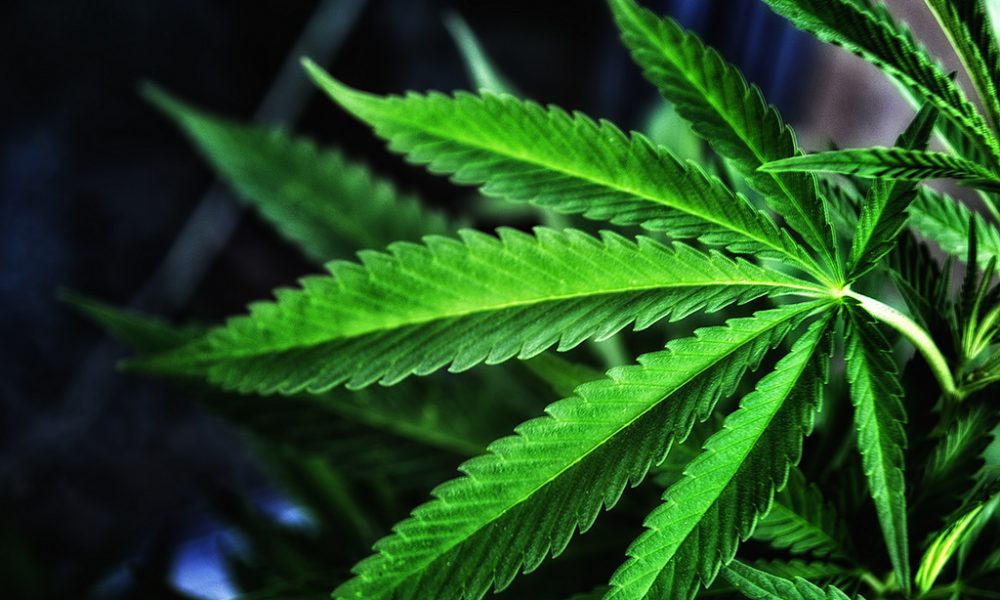
Lawmakers in both chambers of Louisiana’s legislature have now signed off on two separate pieces of cannabis-related legislation, sending bills to the governor that would decriminalize marijuana paraphernalia and make people with past cannabis possession convictions eligible for pardon relief.
On Wednesday, House lawmakers approved changes to the bills that the Senate made last week. The measures, both sponsored by Rep. Delisha Boyd (D), next head to the desk of Gov. Jeff Landry (R).
One bill, HB 165, would limit the penalty for the possession, sale and use of marijuana paraphernalia to a $100 fine. Under existing law, cannabis paraphernalia carries a penalty of up to $300 and 15 days behind bars on the first offense, which increases on later offenses. A second conviction carries up to a $1,000 fine and imprisonment of not more than six months, while third and subsequent convictions carry fines of up to $2,500 and imprisonment “with or without hard labor” for up to two years.
Boyd said ahead of the vote that Senate amendments “were just put on to clarify that this is for personal, not wholesale usage” of paraphernalia. House members voted 69-24 to concur with the other chamber’s changes.
The other measure, HB 391, would make people convicted of cannabis possession eligible for a pardon after paying all court costs associated with the offense, without the need for a recommendation from the Board of Pardons. Individuals could only receive a pardon for their first possession offense, and anyone “who received such pardon shall not be entitled to receive another pardon by the governor pursuant to this Section,” the legislation says.
The Senate amendments, which Boyd said are “technical in nature,” were approved by the House in a 62-30 vote.
The Senate had previously voted down both measures on initial consideration, but the body passed them on reconsideration votes.
Kevin Caldwell, Southeast legislative manager for the advocacy group Marijuana Policy Project (MPP), said his organization is “impressed with the progress the Louisiana legislature continues to make in regards to cannabis policy.”
“The consequences of prohibition are being slowly dealt with one step at a time in the Bayou State,” he told Marijuana Moment. “We certainly hope that Gov. Landry sees the amount of bipartisan support these bills have and signs these bills into law.”
The latest developments follow a decision by House lawmakers last week to scuttle separate legislation that would have laid out a regulatory framework for legalizing adult-use marijuana in the state, with members voting 57–37 against the proposal from Rep. Candace Newell (D).
That measure, HB 978, would not have legalized cannabis itself but instead would have begun establishing a regulatory system that would take effect if either the state or the federal government later legalized marijuana for adults.
Opponents said they were against legalizing marijuana and couldn’t support a regulatory bill.
Another bill, which lawmakers sent to the governor’s desk earlier this month, would transfer medical marijuana cultivation duties in the state from Louisiana State University and Southern University to private contractors.
“They are the only two higher education systems in the country that are in the pot business right now,” Sen. Patrick McMath (R) said of the bill, “and it is my belief that it’s time we get them out of that business and let them focus on higher education.”
— Learn more about our marijuana bill tracker and become a supporter on Patreon to get access.
Marijuana Moment is tracking more than 1,500 cannabis, psychedelics and drug policy bills in state legislatures and Congress this year. Patreon supporters pledging at least $25/month get access to our interactive maps, charts and hearing calendar so they don’t miss any developments.
—
As it stands in Louisiana, possession of up to 14 grams (or half an ounce) of marijuana is decriminalized, punishable by a $100 fine without the threat of jail time.
Last year, former Gov. John Bel Edwards (D) also signed into law a measure that was designed to streamline expungements for people with first-time marijuana possession convictions.
Whether current Gov. Jeff Landry (R) will be willing to sign into law any legislation moving the state toward adult-use legalization is another question. While his Democratic predecessor approved more incremental steps and acknowledged legalization as inevitable, he consistently said the state would not legalize under his tenure.
Seven in 10 Louisianans support legalizing recreational marijuana possession for adults—and nine in 10 back medical cannabis legalization—according to a survey released last year.
While marijuana legalization has stalled in the Louisiana legislature, there have been efforts to end prohibition and tax cannabis sales that have moved without being enacted.
For example, a comprehensive legalization measure and complementary cannabis tax bill from Rep. Richard Nelson (R) advanced through committee before the tax proposal was rejected on the House floor in 2021, torpedoing the broader measure’s chances.
Lawmakers have also taken several steps to reform other cannabis laws and build on the state’s medical marijuana program in recent sessions.
In 2022, for example, the former governor signed a slew of marijuana reform bills, including one key measure that would expand the number of medical dispensaries that can operate in the state and another to prevent police from searching people’s homes over the smell of cannabis.
Texas Activists Turn In Signatures To Put Marijuana Decriminalization On Lockhart Ballot This November
Photo courtesy of Carlos Gracia.
Louisiana
New Law Mandates People Back Up If Police Ask You To

Governor Jeff Landry has signed a bill into law that requires that if asked to do so by a police officer to back up at a crime scene you must do so according to Louisiana Radio Network.
Governor Jeff Landry says he signed the bill because it helps to keep police officers safe while they are doing their jobs.
Police officers often find themselves in potentially dangerous situations. By asking individuals to stand back, officers can maintain a safe distance from potential threats and have a clearer view of their surroundings. This helps them to better assess and control the situation.
State Representative Brian Fontenot
The legislation authored by Representative Brian Fontenot is designed to enhance the ability of police officers to perform their duties safely and effectively by legally mandating that individuals must stand back when requested. This contributes to the overall safety of crime scenes and aids in the proper administration of justice.
Unless you are involved in the crime scene, when you are asked to back up you will need to move 25 feet away from the scene.
Fontenot says he was motivated to file the bill during the legislation session because violence against police officers is on the rise, and this gives them more space to do their jobs.
Fontenot says,
There was a delicate balance of finding a safe distance for police officers doing their job and the person being affected an arrest on.
If you fail to do what the offer’s asks you to do, the penalty can be up to 60 days in jail or a fine of up to $500.
American Civil Liberties Policy Strategist Stephanie Willis says they are worried about what kind of impact this law will have on a citizen’s ability to hold police officers accountable. She also says this violates a person’s 1st amendment rights. It is likely that the law will be tested in court.
Willis says
Having the ability to observe police interaction is fundamental in our constitution and it’s one of the ways we can hold police officers and law enforcement accountable.
State Representative Edmond Jordan
In addition to Willis, State Representative Edmond Jordan of Baton Rouge told WBRZ says he is critical of the bill because he believes it will make it harder to monitor police.
He says,
If you have to be 25 feet away, you’re not going to be able to help bring some type of change. You need to see and be able to report. I just think it’s a bad law. I think we need to challenge it. I think we need to fight it.
Last year, Governor John Bel Edwards said he wouldn’t sign the bill because he believed it was unconstitutional.
The ACLU of Louisiana did issue a statement this week about Governor Landry signing the measure into law:
The twenty-five-foot buffer legislation fundamentally seeks to curtail Louisianians’ ability to hold police accountable for violence and misconduct. If law enforcement officers were operating in a manner that safeguarded the well-being and constitutional rights of the public, there should be no objections to being observed. Moreover, HB 173 is impractical to enforce consistently and will exacerbate tensions in any situation involving law enforcement. We denounce the passage and signing of this legislation and urge our communities to stay vigilant and safe in response to these developments.
Those in support of the bill point out that the majority of police departments have body cameras.
LOOK: What major laws were passed the year you were born?
Data for this list was acquired from trusted online sources and news outlets. Read on to discover what major law was passed the year you were born and learn its name, the vote count (where relevant), and its impact and significance.
Gallery Credit: Katelyn Leboff
Louisiana
Heart of Louisiana: Acadian portrait

LAFAYETTE, La. (WVUE) – A Lafayette artist has come up with a unique way to help people connect with their Cajun ancestors.
Portrait artist Ceci Neustrom began a project 10 years ago to paint family portraits of Louisiana’s original Acadian settlers, using their descendants as models.
Dave McNamara shows how Neustrom goes about her work in the Heart of Louisiana.
For more, visit the Heart of Louisiana archive here.
See a spelling or grammar error in our story? Click Here to report it. Please include the headline.
Subscribe to the Fox 8 YouTube channel.
Copyright 2024 WVUE. All rights reserved.
-

 Culture1 week ago
Culture1 week agoFrom Dairy Daddies to Trash Pandas: How branding creates fans for lower-league baseball teams
-

 News1 week ago
News1 week agoRed Lobster files for bankruptcy after missteps including all-you-can-eat shrimp
-

 World1 week ago
World1 week agoPanic in Bishkek: Why were Pakistani students attacked in Kyrgyzstan?
-

 News1 week ago
News1 week agoThe states where abortion is on the ballot in November : Consider This from NPR
-

 Politics1 week ago
Politics1 week agoMichael Cohen swore he had nothing derogatory on Trump, his ex-lawyer says – another lie – as testimony ends
-

 News1 week ago
News1 week agoCity of Kyle falls short of ‘Kyle’ world record
-

 Politics1 week ago
Politics1 week agoAnti-Israel agitators interrupt Blinken Senate testimony, hauled out by Capitol police
-

 Movie Reviews1 week ago
Movie Reviews1 week agoMai Movie Review: Emotionally powerful lead performances in this sensitive and heart-breaking romantic film
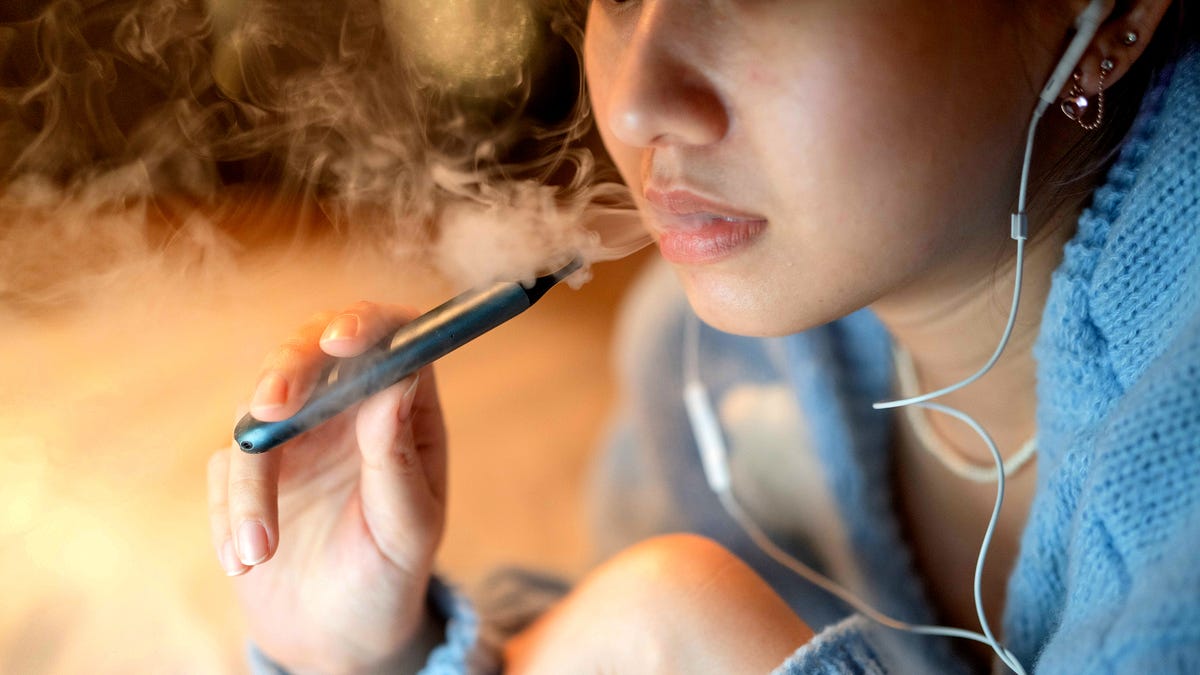



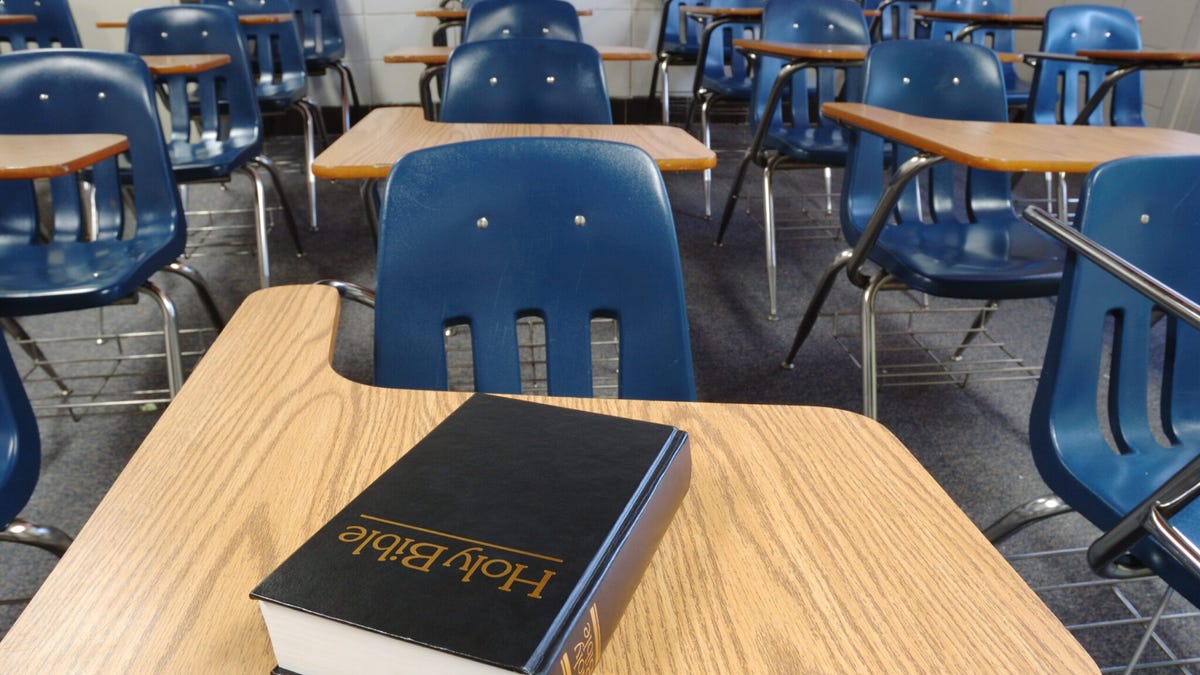



/cdn.vox-cdn.com/uploads/chorus_asset/file/25469996/1728358988.jpg)

